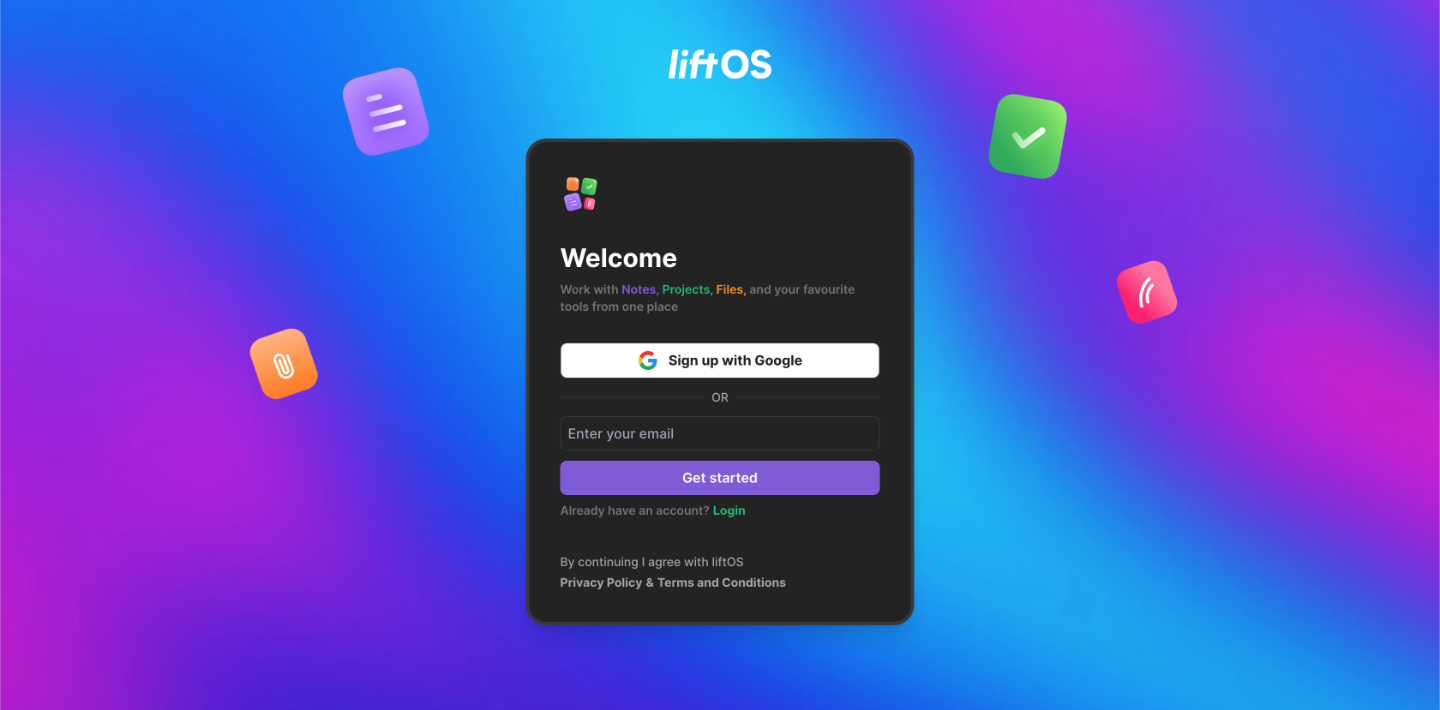
The domination of technology in today’s society applies to many areas of life, so it shouldn’t come as a surprise that it touches the sports betting world. Technological advancements have influenced sports betting like no other sector of activity and will continue to do so. Accessibility and convenience, faster betting with 5G, and no technical errors with payments are just some examples of positive impacts. Technology is reshaping gambling and sports, enabling gamblers to place bets without being physically present at casinos. A highly competitive marketplace can set the stage for innovation.
Right now, we’re not going to talk about the future of the sports betting world. We’re going to briefly discuss the greatest tech advancements that have changed the landscape.
Mobile Technology
The technology empowering the mobile phone industry has enabled sports betting to take a leap forward. With the huge selection of apps for smartphones and tablets, people basically have a casino in their pocket. They can wager on their favorite sporting events on the go via Android or iOS devices. It’s not necessary to pay a trip to the local sportsbook to place a bet. Companies such as Betcris offer safe, legal, and secure gambling services, including sports betting. Mobile sports betting favors the development of countless betting markets for football or horse racing. The global sports betting market size is forecasted to reach USD 140.26 billion by 2028.
No matter if you access a sportsbook via a website or a mobile app, you enjoy the same offers and promotions. From enhanced odds for new accounts to free bet clubs, there’s always something to choose from. Mobile betting offers affordability. Punters don’t pay staggering amounts of money because they can rely on mobile data. The features of sports betting apps have improved vastly. Here are some examples:
- Viewing live games
- Betting advice
- Info about match schedules
- Instant payment
- Multi-language support
- Interacting with other users
Sports betting apps offer unique opportunities for both users and software developers.
Blockchain
With digitalization, blockchain technology has entered the world of sports betting, ensuring a secure financial future. Any customer, anywhere in the world, can connect their crypto wallet in a matter of seconds, and start betting on any sport. In the old days, it would take a week for transactions to be processed, so a person wouldn’t receive their winnings right away. Let’s not even talk about technical or human errors. Blockchain technology comes as a much-needed breath of air. Normal users and traditional bookies can connect to an online platform without limits, so there’s no question of restrictions. Blockchain eliminates the risk of cheating or unjust play.
Blockchain technology ensures transparency in gaming results, payoffs, and winnings. Since the records are verified on a shared ledger, individuals can bet with confidence. Winnings are calculated automatically and sent to the bettor. Deposits and withdrawals are fully transparent since intermediaries like banks are eliminated. However, sportsbooks still need documents to establish and verify identity. Although Bitcoin is the most popular cryptocurrency and occupies the biggest market share, different assets are widely traded globally. Ethereum, Litecoin, and ash are just some worthwhile examples.
Tokenization
Tokenization implies exchanging sensitive data for non-sensitive data (tokens), which can be used in a database or internal system. Security is one of the biggest issues of online gambling. Malicious actors steal information and identities for personal gain. Companies lose millions of dollars on lawsuits because of cyber-criminals. Through tokenization, and data encryption, information becomes indecipherable. If a data breach takes place, sensitive data isn’t compromised. With personal and financial data being used in online and mobile gaming, betting operators are leveraging emerging technologies to protect data from malicious parties.
Live Betting
Live betting, commonly referred to as in-game betting or in-running betting, allows a sports bettor to place a bet’s the game is in full swing. Live bets are offered between halves, quarters, or periods. Live online sports betting is possible owing to the advancements in real-time streaming. Video is delivered from capture to viewer in about 100 to 500 milliseconds. Prior to the introduction of live betting, all bets have to be completed before the start of the game. Thanks to real-time streaming technology and advanced analytics algorithms, it’s possible to monitor the game and calculate the odds as things evolve.
As far as live betting is concerned, you should bet on the team that has the advantage. They can score a few goals in just a couple of minutes. Bet on under only if the teams look tired and the score suits both opponents. To place bets on ongoing matches, you need to use vast resources – in other words, to make bets based on knowledge. Not only is it necessary to investigate the events, but also to consider information such as position, time, outcome, player, and characteristics. An injury, for instance, can change the course of a game. Live betting allows you to adjust your bet.
Wearable Gadgets
Wearables are a category of electronic devices that can be worn as accessories. They’re hands-free gadgets with practical uses. Examples include but aren’t limited to fitness trackers, smartwatches, and smart wristbands. Right now, punters can use wearable devices to enter a world of live games. They can experience the match wherever they are in person and make better decisions. Wearable technology gives access to online casinos, so it’s not necessary to pull out the mobile phone from the pocket. Many companies have launched applications operated on wearable devices.
An ever-increasing number of people are enjoying sports betting as part of everyday entertainment. Technology has made betting more accessible and interactive. It’s been quietly transforming the world of sports for years and investments are expected to rise. Companies will no doubt use innovative technologies to positively impact sports betting operations and improve their market share in the future. The coronavirus pandemic has instilled the “right here, right now” philosophy. People are more likely to engage in sports betting for instant gratification. Betting action takes place in real-time and users can enjoy a compelling, thrilling, and differentiated experience.















